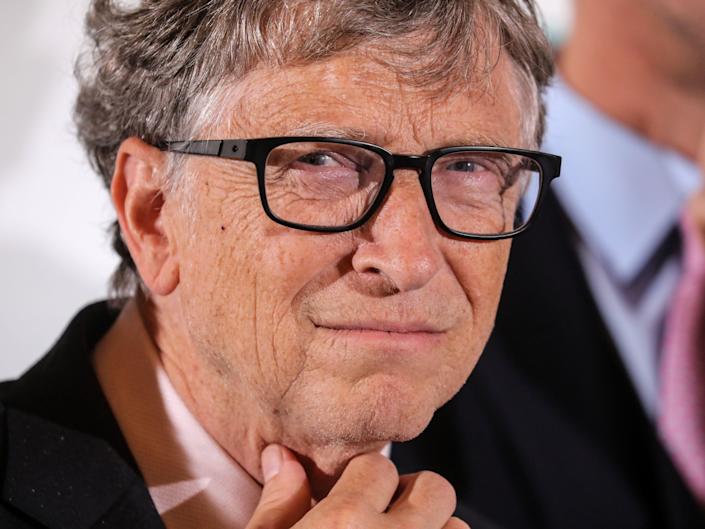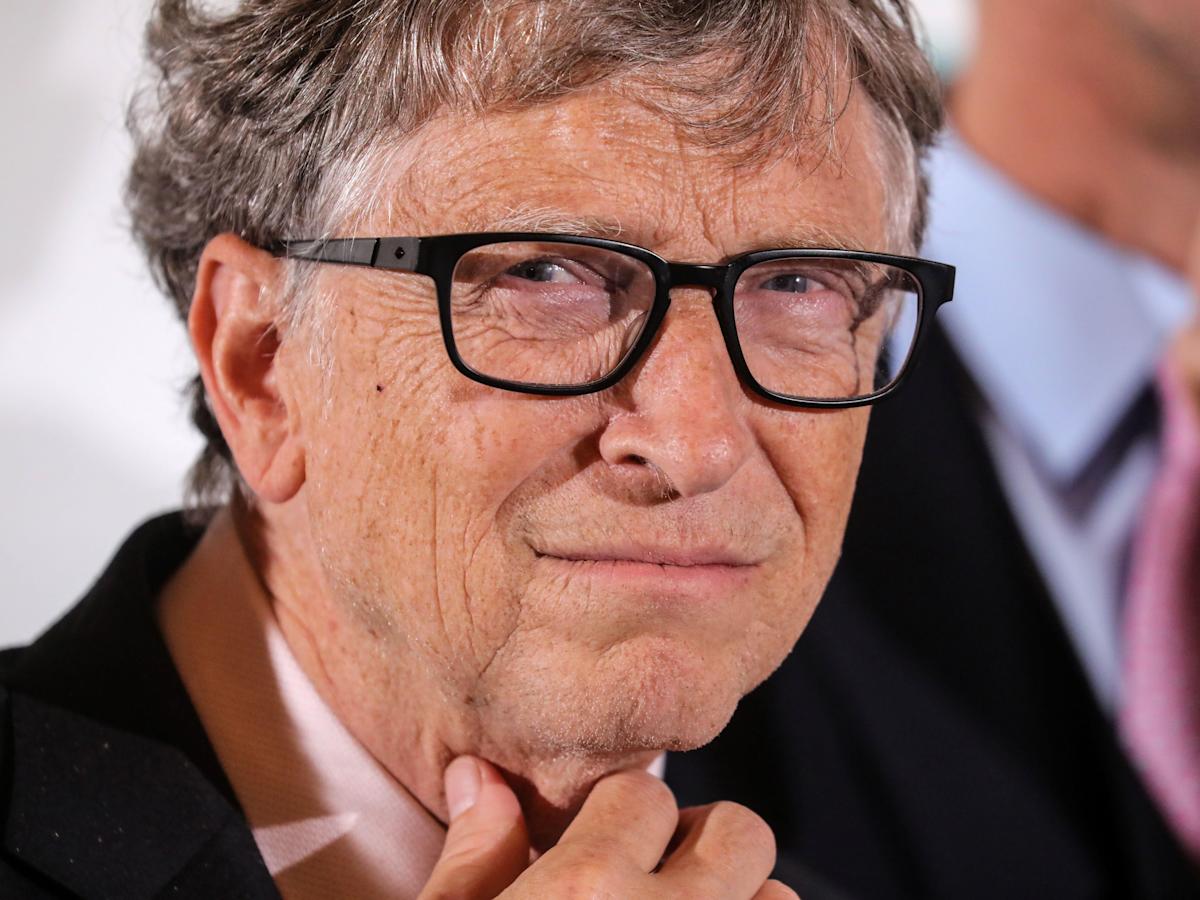
-
Bill Gates believes the risk of contracting a serious COVID-19 infection has been “drasically reduced”.
-
In an interview with CNBC, he also said he believed there was going to be another pandemic.
-
“We’re going to have another pandemic. Next time it will be a different pathogen,” Gates said.
Bill Gates has expressed his views on COVID-19 and future pandemics in a new interview.
Speaking to CNBC at the annual German security conference in Munich on Friday, he said the risk of serious illness from COVID-19 “has been drastically reduced”.
“The chances of serious illness, which is mainly associated with being older and having obesity or diabetes, those risks are now drastically reduced because of that exposure to infections,” he said.
However, he added that he believes the world will experience another pandemic.
“We’re going to have another pandemic. It will be a different pathogen next time,” Gates said per CNBC.
But the Microsoft co-founder said he thought if there was a rational response, “we’ll catch it early” and it “will not go global like this time.”
As for whether it’s possible to prevent another pandemic altogether, Gates told CNBC’s Hadley Gamble: “If every country did what Australia did, you wouldn’t call it a pandemic.”
Gates has become a prominent figure in the fight against COVID-19 by pledging billions for response efforts.
Before COVID-19 emerged, he predicted the world would suffer from a pandemic, along with notable disease and flu experts.
In a 2015 TED talk, Gates said the world was “not ready for the next epidemic.”
This month, the billionaire announced that his new book will explore his vision for preventing the next pandemic.
It will also discuss how he became the subject of online conspiracy theories that claimed he exploited the vaccines to implant microchips in humans.
Read the original article on Business Insider

